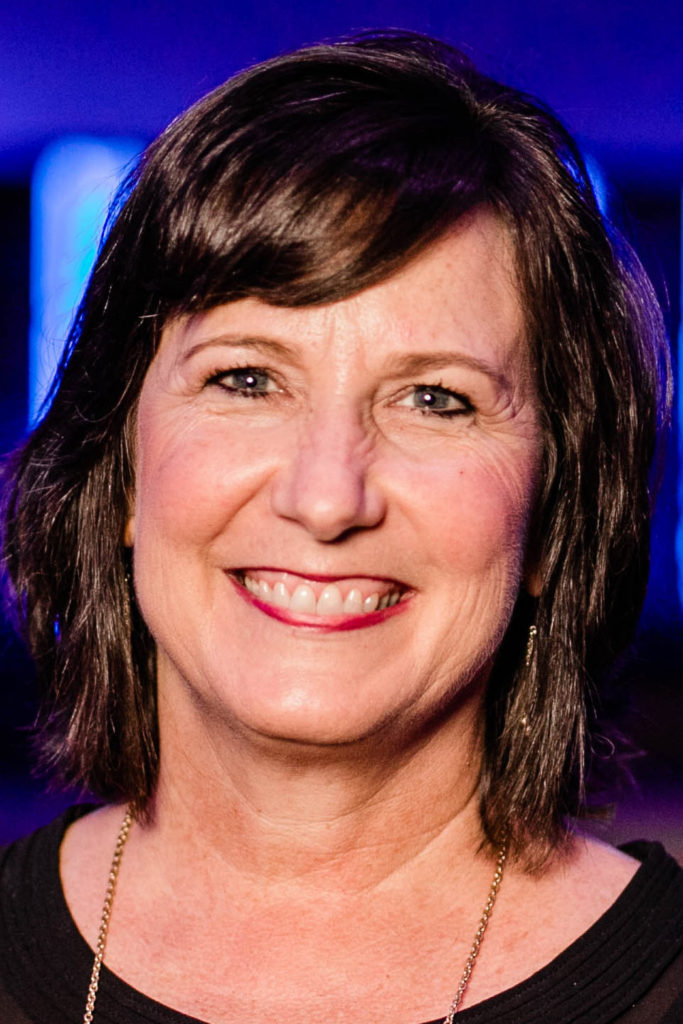Where is the balance? • Ecclesiastes 7:11-22
By Beth S. Bowman

Like so many Americans, I was completely and utterly obsessed with the just-completed Olympics in Japan. From the opening ceremonies to the last closing note, I am a super big fan!
This year, there were so many American athletes to watch but none more interesting than Simone Biles. This seven-time medalist caught our attention as she struggled during the games. Her comeback performance on the balance beam was remarkable and certainly worthy of a medal. I couldn’t help but cheer loudly from my living room as I watched her skillfully perform on the beam while also balancing her mental and emotional health.
This Sunday’s lesson shows King Solomon seeking balance in his life. In the first section, verses 10-12, he reflects on the past. He asks why things appear to have been better in the past than they are now. He realizes that it is not wise to continue to live looking toward the past.
He concludes that wisdom, like money, benefits us when we can see the results. Wisdom without resources, according to Solomon’s pessimistic view of life, is of no value. In the next section, verses 13-14, Solomon asks, “Who can straighten what He (God) has made crooked?” (NIV). He is speaking from his realization that God has appointed both adversity and prosperity for our lives.
The last part of verse 14 states plainly, “God has made the one as well as the other” (NIV). Job expressed this same sentiment after he had experienced severe loss and even his wife questioned why he continued to worship God when he was struggling so. Job asked his wife in Job 2:10, “Should we accept only good from God and not adversity?” (CSB). In verses 15-18, Solomon continues his negative view of life in that he has witnessed bad things happen to good people and good things happen to bad people. He seeks a balance as he continues to urge us not to be overly righteous or overly wise.
Solomon does acknowledge that to be overly wicked and foolish could end in early death. He encourages us, in that by fearing and obeying God we will have balance and avoid the extremes toward which many find themselves gravitating. In other words, don’t be righteous to direct glory and honor to yourself and don’t be wicked just to test God’s patience in the face ofrebellion and sinfulness.
Solomon says that the wise will understand there is no one just on the earth. Every human has a degree of sinfulness inside of them. A wise man understands the sinfulness of all mankind. Romans 3:23 states, “For all have sinned and fall short of the glory of God” (CSB ). He shares that the wise should not take every negative statement to heart. He reasons that we all have said things in anger, frustration, impatience, and fear.
The idea of “life balance” is a hot topic right now, and Solomon’s words can be helpful for that conversation. In today’s world, everything is pushing us to extremes. With the use of every present technology, we work seven days a week and seek balance between work and family life.
We struggle to prioritize our physical and emotional health as we strive to climb in our business. Part of our platform as a Christian can be the balance of our life and how that guides us in placing our priorities in the right order: our relationship with God, then spouse, then family, and then work.
There’s not an Olympic medal for that but it should be!
Bowman, a member of West Carthage Church, is a speaker/writer. She may be contacted at beth@bethbowman.net.



